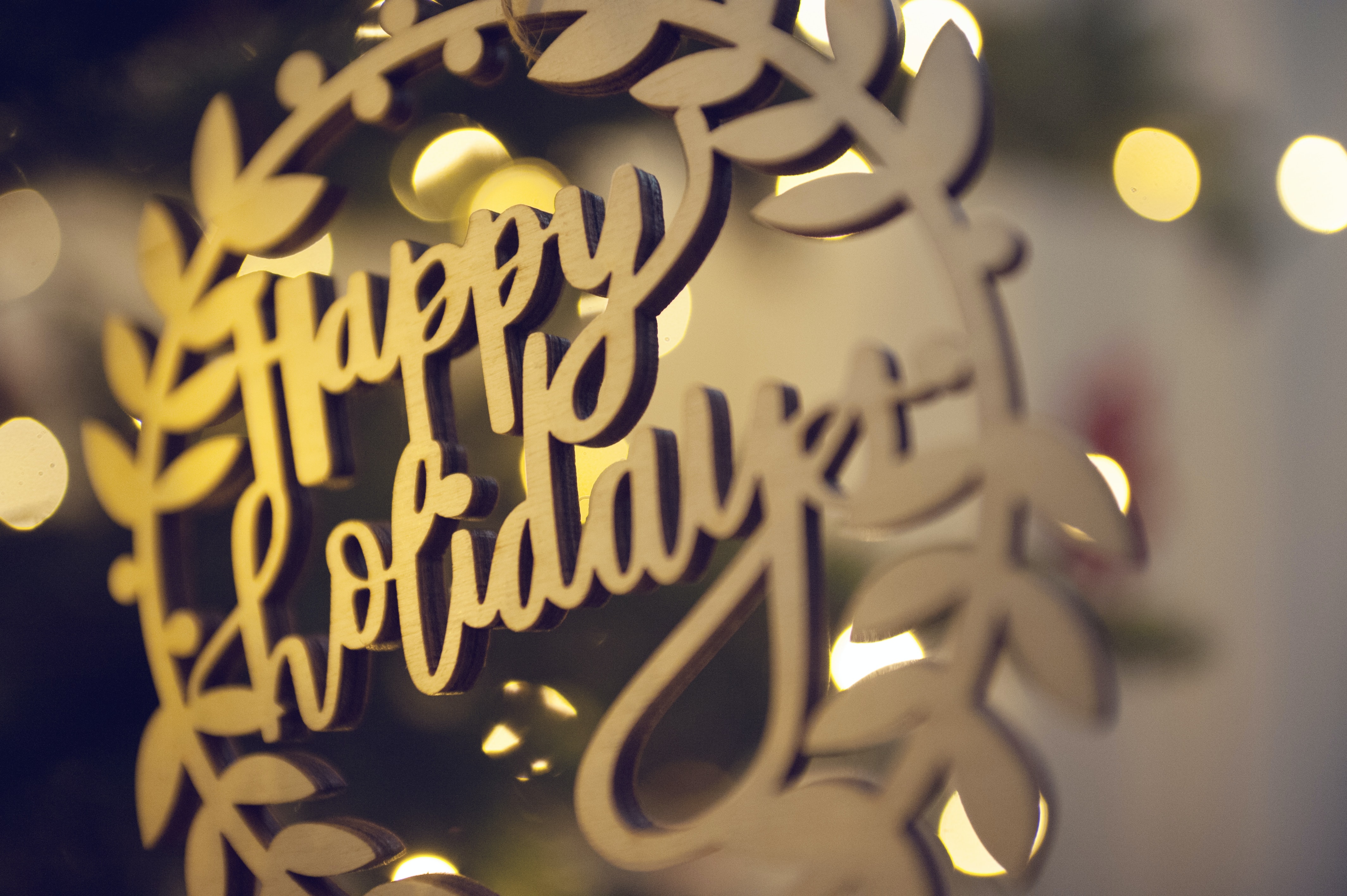
It’s that time of year again! The holiday season is here, and so is the stress that can come along with it.
It might be deadlines at work, trying to manage kids’ school vacations, possible covid restrictions, figuring out family time, planning ahead to avoid the barriers that may await you at the holiday dinner table, studying for final exams, being alone … the list goes on. The holiday season can bring exciting events, vacation time, and fun family traditions, but it can also be stressful.
I know this time of year can be difficult which is why I wanted to focus on skills that can help you cope with that stress and hopefully make the holidays fun too- even during a pandemic. Below are some strategies I find helpful to get through the hard stuff a little more unscathed.
1. Keep Yourself Occupied (AKA Structure!): Structure can be your best friend in times of anxiety and stress, so don’t forget about it. You can create as much or as little as you want, but the idea is to think about what a good balance might be for you.
If you are alone during the holidays, start by thinking about what you’d like to do with your time. Perhaps you can structure your time around one thing each day. Go to the local library or museum, get to chores you’ve been meaning to tend to, go to a café, or read a book.
If you are someone who has a million places to be or you’re juggling several schedules, I’d suggest structuring your day around some downtime instead. It could be anything from 10 minutes of practicing mindfulness or listening to your favorite podcast while you have your morning cup of coffee or tea.
You can also schedule an hour where you can do whatever you want at that time—get a haircut, go for a walk, or take yourself out to lunch. Just make time for yourself and hopefully, you’ll notice some refueling of your emotional tank.
2. Keep It Simple: Think about where you can streamline your schedule, delegate to others, or even say no to events and tasks that are not immediate or urgent. Doing this can clear up your mind and your time so that you can actually do some activities that bring you joy. Saying yes to everyone, especially during this time of year, will only add to the pot of anxiety. It really is OK to say no. No one will die if they hear a no, and you could really benefit. Plus, you’re really doing others a service—it’s a good way to model setting limits for friends and family. If they see you setting limits, they might be more likely to do the same. You can be a trendsetter!
3. Mindfulness Is Key: The holidays can be a bear for some of us who aren’t exactly fans of the cold, dark, and cheery season. A relatively easy mindfulness skill is to take yourself outside for a walk or to sit out on your stoop. Being out in the elements can be an easy visual and sensational cue to bring yourself into the present moment. Look around and describe what you see. Take deep breaths and notice the temperature. Notice what the air feels like going into your nose, down to your lungs, and then out through your mouth. Do you notice the cold, crisp air? Or are you aware of the warm, dry, or humid air? What does it feel like as your breath travels through your body? What does it feel like to take a big exhale?
If using guidance is helpful for you when practicing mindfulness, you can also try listening to a mindfulness podcast while sitting outside (or wherever you feel most comfortable). Mindfulness can help us check-in and ask ourselves, “How am I feeling, and what do I need right now to take care of myself?”
All three of these skills can work well together. The most important thing is to find a method that helps you feel grounded and present. That is key to allowing yourself to create structure and edit your schedule as needed.
I hope these skills can be helpful this season. As always, I’m sending good energy your way.

